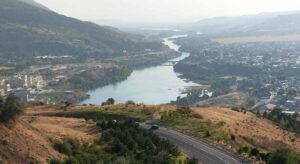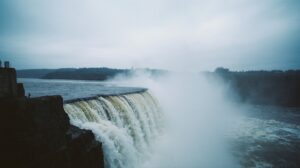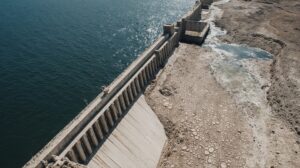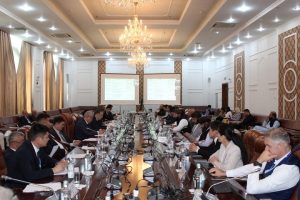A plant capable of surviving extreme salinity—arundo donax (giant reed)—has shown high potential in ecological restoration trials on the dried seabed of the Aral Sea, Uzbekistan’s Ministry of Ecology, Environmental Protection and Climate Change reported.
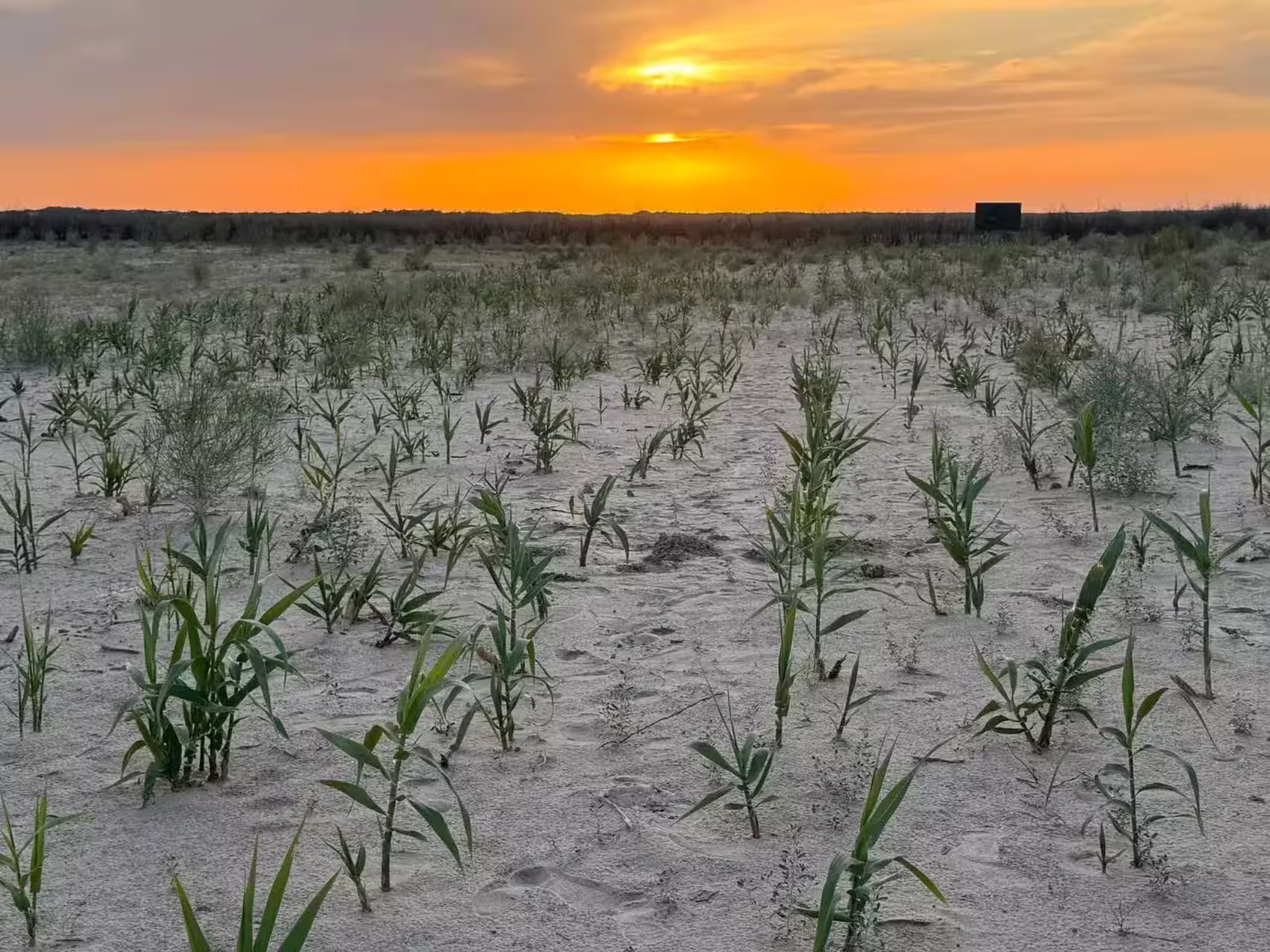
The trials are part of a broader ecological restoration initiative led by the Ministry’s Research Institute of Forestry under the guidance of Dr. Zinovy Novitsky, Doctor of Agricultural Sciences. The main objective is to identify plant species that can survive in harsh, saline conditions and contribute to restoring the devastated environment of the Aral Sea region.
According to field studies, arundo donax, a species typically reliant on moisture, demonstrated unexpected adaptability to saline soils. Despite the challenging conditions, the plant’s roots were observed to reach groundwater levels at a depth of approximately two meters within the first year, enabling it to grow and thrive without additional irrigation.
To further enhance survival rates, researchers developed a specialized seedling technology. Root shoots, separated from mother plants at a depth of at least one meter, were sourced from areas with similar salinity conditions in Urgench and Karakalpakstan. The technique resulted in a survival rate exceeding 90%.
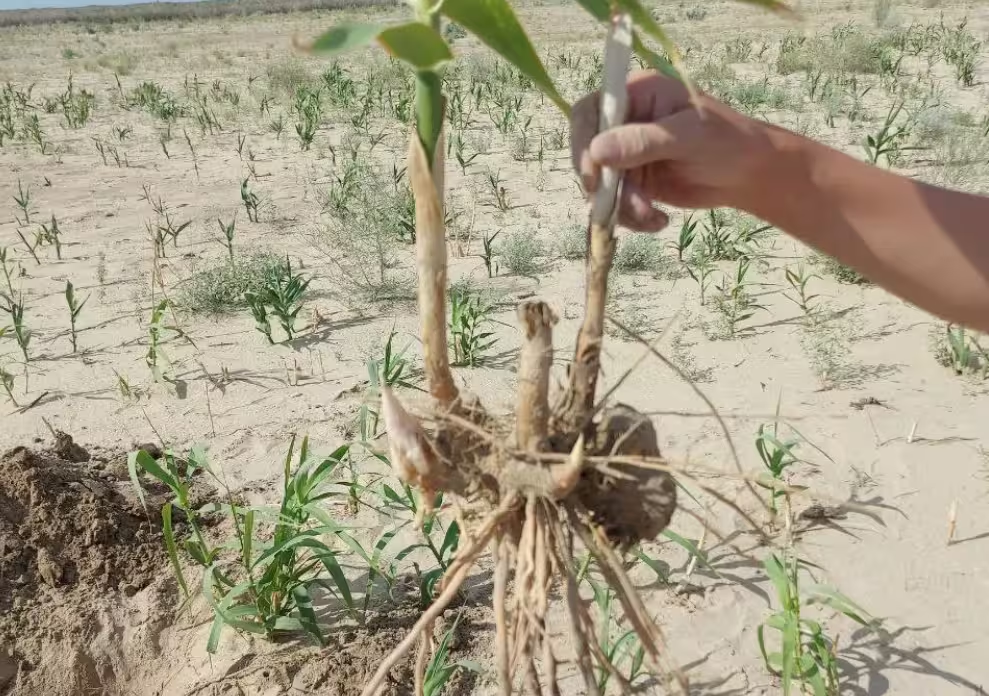
Research shows that arundo donax can develop roots that extend over one meter deep and spread horizontally up to two meters. This robust root system not only supports the plant’s long-term growth in harsh conditions but also helps stabilize the soil, reducing erosion and preventing land degradation.
The findings are seen as a major step forward in the Ministry’s long-term strategy to combat desertification, prevent dust storms, and stabilize the ecosystem through biological restoration.
To date, green cover has been established on 2mn hectares of the Aral Sea’s former seabed. Based on the success of current trials, the Ministry plans to expand green areas by an additional 100,000 hectares, increasing the total forested area in the region to 2.1mn hectares.
